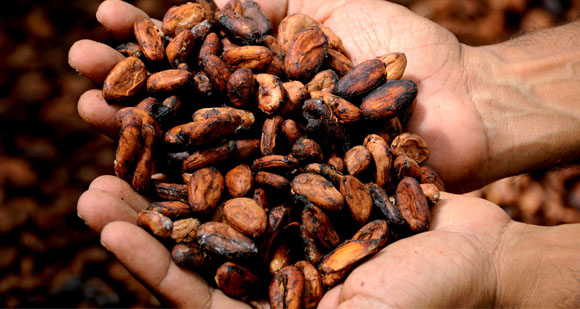
On February 26, class action lawsuits were filed against Hershey and Mars in Massachusetts for failing to disclose that the cocoa in their chocolate was the product of child or forced labor. According to Hagens Berman, these two companies regularly import cocoa beans from suppliers in the Ivory Coast who are known to use the worst forms of child labor, including dangerous child labor and the slave labor of trafficked children. How well do you know the labor that your suppliers use?
Establishing Reasonable Care
Class action lawsuits are just one of consequences importers can face if they underestimate the importance of Reasonable Care. In September of 2017, U.S. Customs and Border Protection (CBP) updated their Informed Compliance Publication on Reasonable Care to include a forced labor section in an effort to create further awareness. Ultimately, it is up to the importer to practice due diligence and know what’s going on in their supply chain.
To assist, CBP has a Forced Labor Enforcement fact sheet aimed to inform and therefore fight the risks of forced labor within companies’ operations and global supply chains. This Responsible Sourcing Tool, can also help supply chain owners visualize each country’s risk of child labor and forced labor.
Have you taken measures under Reasonable Care to ensure your imported goods are not produced wholly or in part with forced or child labor? Here are some questions that importers should ask themselves to prevent the use of forced labor in their supply chain.
- Have you established reliable procedures to ensure you are not importing goods in violation of 19 U.S.C. § 1307 and 19 C.F.R. §§ 12.42-12.44?
- Do you know how your goods are made, from raw materials to finished goods, by whom, where, and under what labor conditions?
- Have you reviewed CBP’s Forced Labor webpage, which includes a list of active withhold release orders and findings, as well as forced labor fact sheets?
- Have you established a reliable procedure of conducting periodic internal audits to check for forced labor in your supply chain?
- Have you established a reliable procedure of having a third-party auditor familiar with evaluating forced labor risks conduct periodic, unannounced audits of your supply chain for forced labor?
- Do you vet new suppliers for forced labor risks through questionnaires or some other means?
- Do your contracts with suppliers include terms that prohibit the use of forced labor, a time frame by which to take corrective action if forced labor is identified, and the consequences if corrective action is not taken, such as the termination of the contractual relationship?
- Have you developed a reliable program or procedure to maintain and produce any required customs entry documentation and supporting information?
To counteract items of child and forced labor from entering into your sales channel and global supply chains, you should have a documented comprehensive and transparent social compliance system in place. If you need guidance on starting or enhancing a social compliance system for your company, contact Mohawk Global Trade Advisors.

